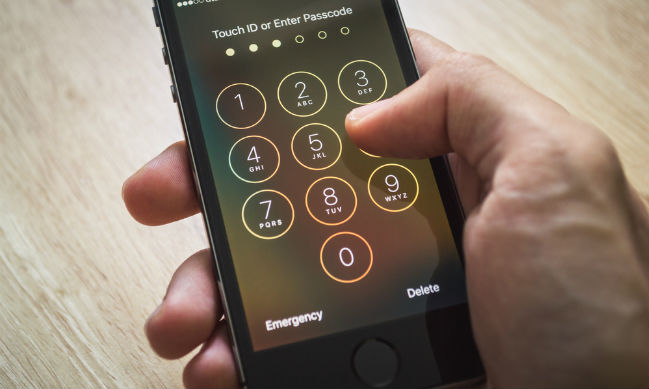
Previously, we told you that Apple and the FBI are at loggerheads over a request to code a custom version of iOS that would allow the government to breach any iPhone more or less at will. The FBI views it as a crucial tool for law enforcement, while Apple views it as an enormous breach of civil liberties that also puts their customers at risk of being robbed by cyberthieves. And both sides stepped up their rhetoric over the weekend.
On Friday, the Department of Justice dismissed Apple’s concerns as part of a “brand marketing strategy,” filing a motion to compel Apple to work with the FBI. Apple CEO Tim Cook fired back with an internal memo for employees over the weekend and he was fairly blunt about his concerns:
Apple is a uniquely American company. It does not feel right to be on the opposite side of the government in a case centering on the freedoms and liberties that government is meant to protect.
As harsh as it sounds, Cook could have gone a lot further. For example, the Department of Justice claims that Apple can keep the software, use it once, and then destroy it, but does not address Apple’s concerns about the software leaking or demands from other law enforcement authorities or governments making the same request. After all, if a legal precedent is set, why, precisely, can the Department of Justice be the only authority to use that precedent, and only use it once?
Also omitted from the Department’s motion is that there’s legal precedent here, and it doesn’t favor their interpretation of the law. In 2014, it attempted to use the All Writs Act to force Apple to open an encrypted iPhone. That case ended with a federal judge declaring Apple was not legally required to unlock an iPhone. You’d think this case would be relevant, because it’s the same request made using the same legal justification, and yet it’s missing.
In light of what the Department of Justice has chosen to discuss and what it’s chosen to omit, one can’t fault Apple for fighting back. If the courts have already decided, why is Apple dealing with this again?
